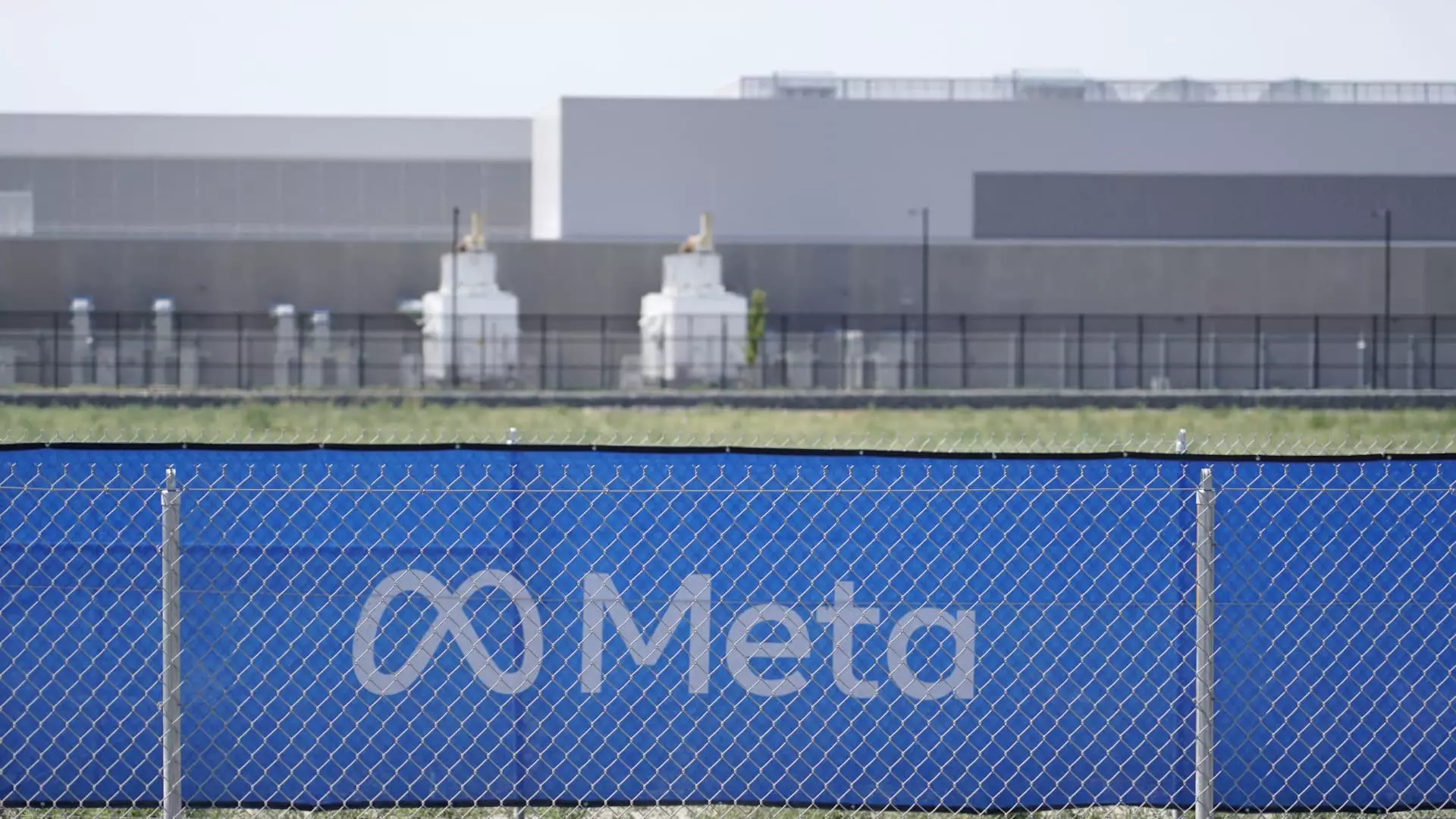In a significant turn of events, shares of Arm Holdings surged by 6% following a report indicating that the company is venturing into the chip development space with Meta as an early adopter. This strategic shift stands to alter the semiconductor landscape, as Arm – historically a facilitator of chip technology through licensing agreements – establishes itself as a direct competitor to its clientele. This shift raises critical questions about the implications for the various companies that have relied on Arm’s partnership in the highly competitive semiconductor market.
Traditionally considered the “Switzerland” of chip technology due to its neutral stance towards competing chip makers, Arm has built a reputation as a foundational firm in the tech ecosystem, providing its instruction set architecture and designing cores for major players including Apple, Google, Nvidia, and Intel. However, the move to develop proprietary chips signals a pivotal change in Arm’s business paradigm. The company is no longer just a conduit for technology but is poised to take a more active role in the market by creating solutions that directly compete with those it once empowered. This evolution could cultivate significant tensions among its current customers as they grapple with a new competitor sprouting from an old partnership.
Investments and Growth in AI
Meta’s massive investment of up to $65 billion in AI infrastructure hints at a broader trend within the tech sector, where companies are funneling resources into artificial intelligence capabilities. While Meta has significantly utilized Nvidia’s GPU solutions, the integration of Arm’s chips indicates that it recognizes the potential for a diverse technological portfolio. The new server-oriented chip that Arm is developing is positioned not as a graphics processor but as a central processor, suggesting a focus on enhancing computing capabilities for AI workloads rather than just supporting them.
Arm’s public listing in 2023, with a market valuation exceeding $173 billion, has set the stage for future growth and innovation. An impressive increase of approximately 29% in share price this year further demonstrates strong investor confidence, reflected in Arm’s strategic orientation towards maximizing revenue through advanced technology offerings. CEO Rene Haas highlighted substantial plans for data center spending among tech giants, creating a fertile ground for Arm to capitalize on megatrends in digital infrastructure.
The implications of Arm’s strategic pivot extend beyond just the company itself; they have the potential to reshape the semiconductor landscape. By positioning itself as a competitor rather than merely a vendor, Arm is daring to challenge established norms within the industry. As it partners with major players and invests in its own solutions, the dynamics of the market may shift significantly. Companies reliant on Arm’s technology may need to reassess their strategies and relationships, paving the way for a more competitive and potentially turbulent environment in the semiconductor domain.

